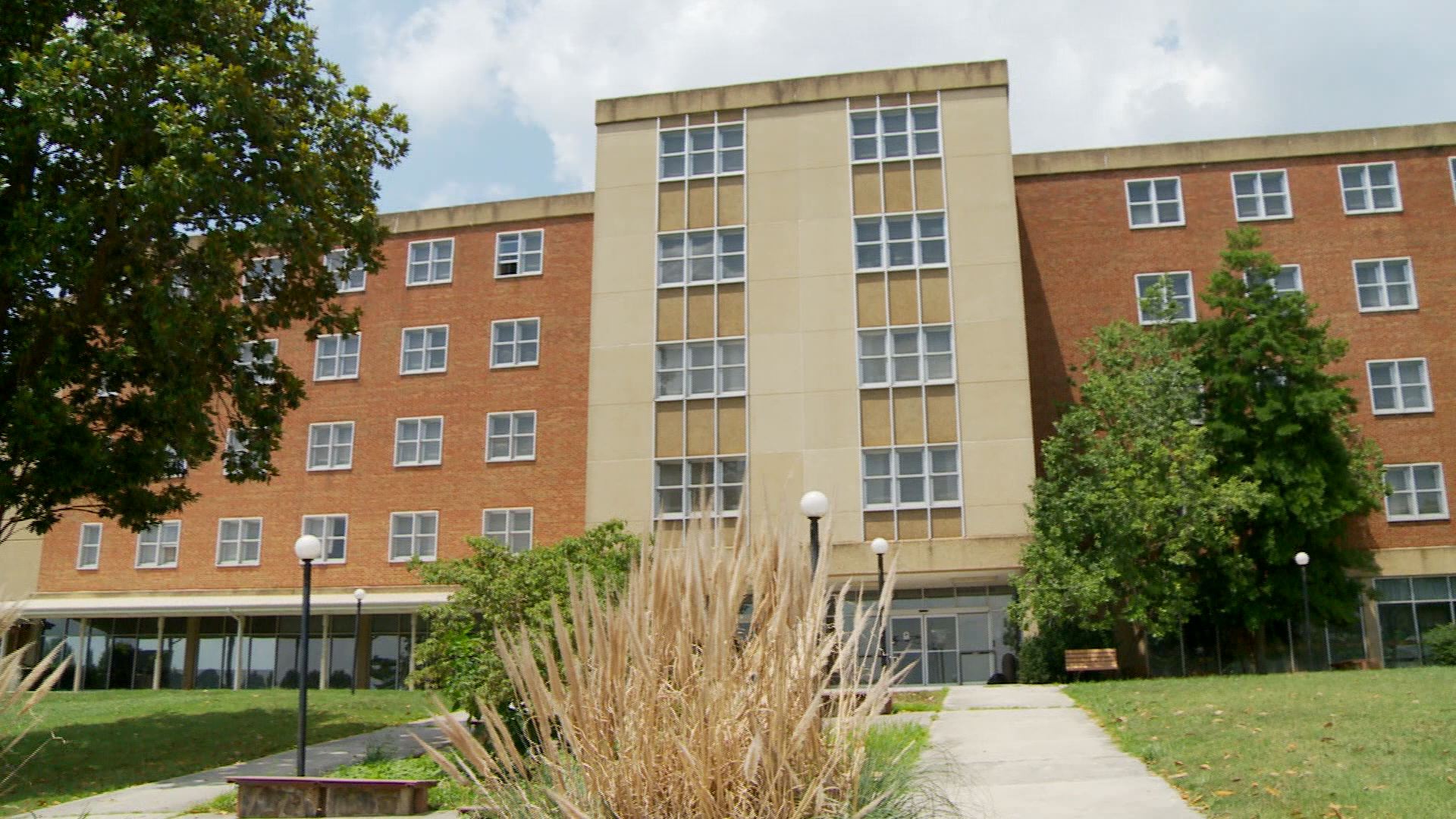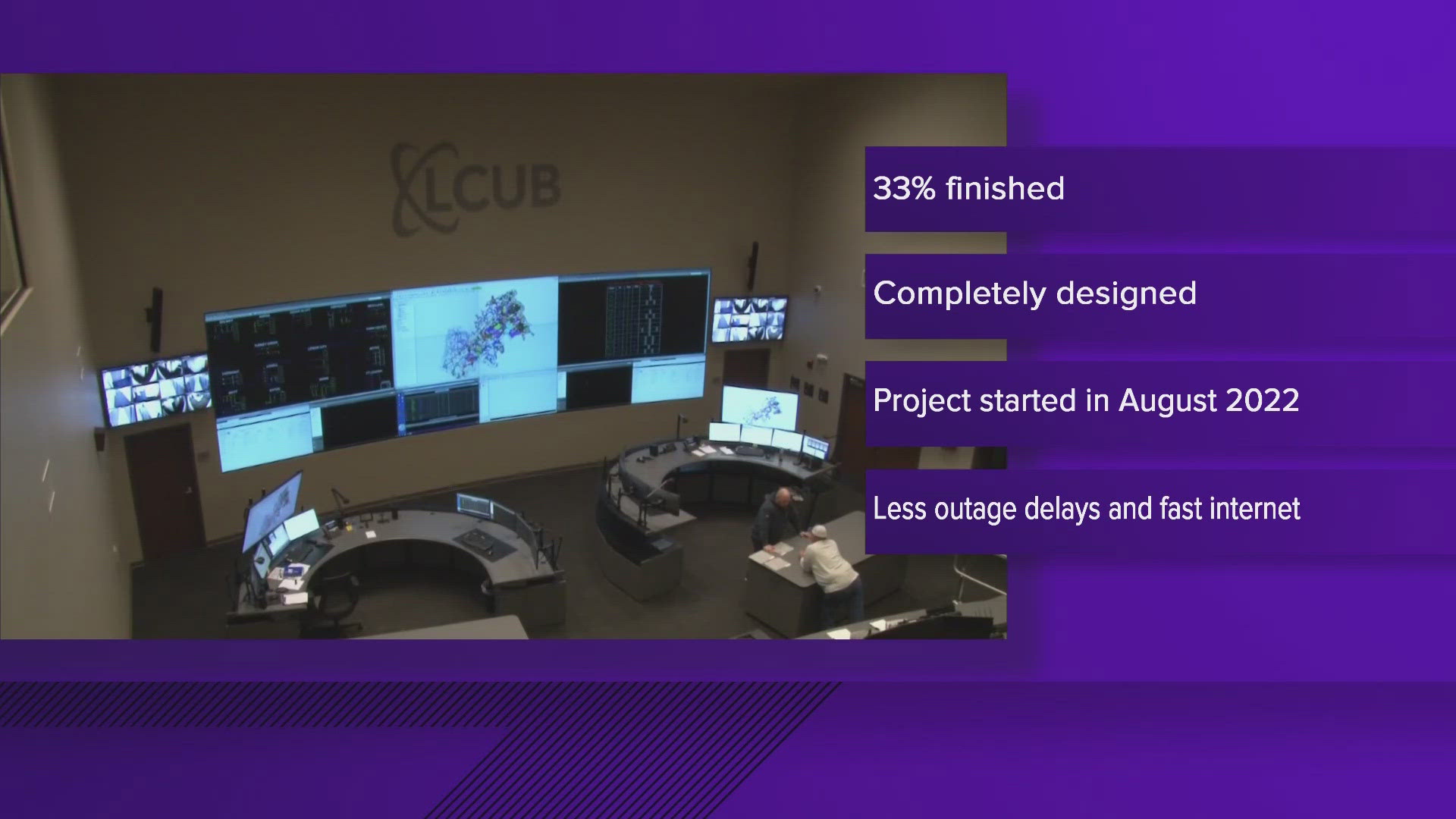(WBIR, Knoxville) - As the walls to nine buildings at the former Lakeshore Mental Institute start coming down, it serves as a reminder not only of the thousands of people who were helped there, but also the ongoing change in mental healthcare. There is less emphasis on residential treatment and more on individualized care.
Lakeshore Mental Health Institute has been closed for more than two years. When the announcement was made by the state Department of Mental Health in May, 2012, Commissioner Doug Varney said the change was part of a national trend to close state facilities. Varney also said the money spent on Lakeshore would be reinvested in other facilities that serve East Tennessee. That money included extended contracts with three private psychiatric hospitals in the area.
Previous: Demolition begins on Lakeshore property
Varney says he is proud of what's happened in East Tennessee in mental healthcare over the past few years. He says we are getting a bigger bang for our buck because we are helping more people in both inpatient and outpatient care.
Local mental health advocates agree.
"We've been able to build the services so that folks can get what they need and not fall through the cracks," said Ben Harrington, Executive Director of the Mental Health Association. "That's been the real beauty of the reinvestment of those dollars. We've been able to enhance our system to really improve it in a big way so that people could be served in a timely fashion, when and where they need it, and most importantly closer to home."
Harrington says before Lakeshore closed, it served about 2,000 people a year. After the closure, he says they are able to serve an additional 8,000 people with the same amount of money.
Jerry Vagnier, president of the Helen Ross McNabb Center, says in the 28 years he's been in the mental healthcare field, he's watched it change dramatically.
"More and more services are provided in the community and fewer and fewer are provided to the hospitals," he says.
Since Lakeshore's closure, the Helen Ross McNabb Center has added a new type of care to the area. The Willow Cottage, which is located on the Lakeshore property, provides 24-hour, long-term care for those that need it.
"Really the great success is there really is so much more opportunity than there was in the hospital. As a psychiatric hospital run by the state, they really had strict limits on their movement and when they could go on pass and leave. At the Willow Cottage, they have a lot more independence. They can go to community events, they can enjoy the campus at Lakeshore, and they can take part in activities they choose to participate in," said Vagnier.
Local mental health centers have also been able to expand and add new outpatient services as well.
Harrington adds there will always be a need for in-patient, long-term care. Despite Lakeshore's closure, people in East Tennessee still have access to that care through private hospitals or Moccasin Bend Mental Health Institute in Chattanooga, which is run by the state.


